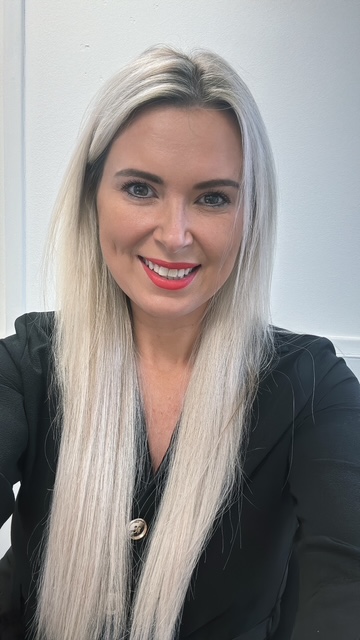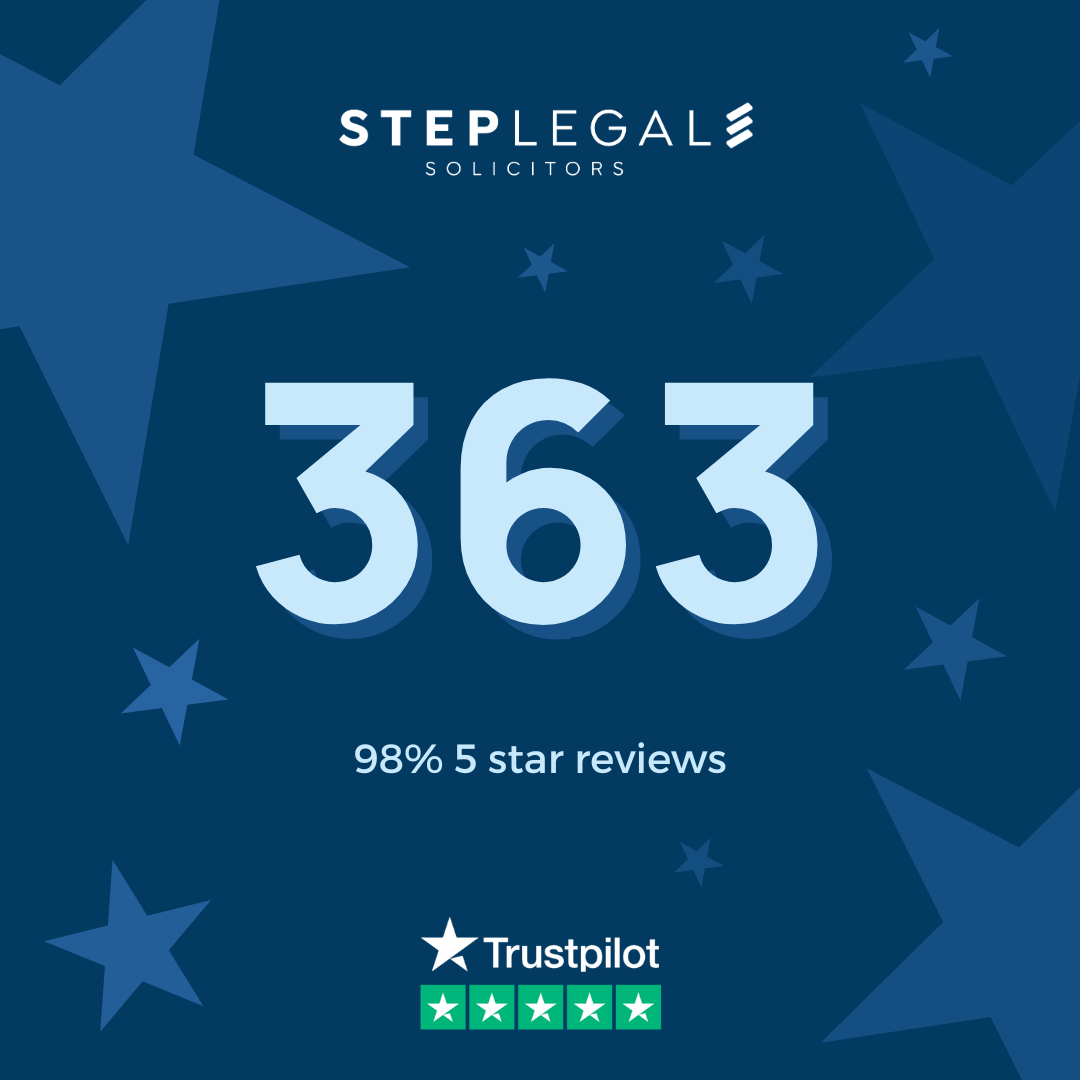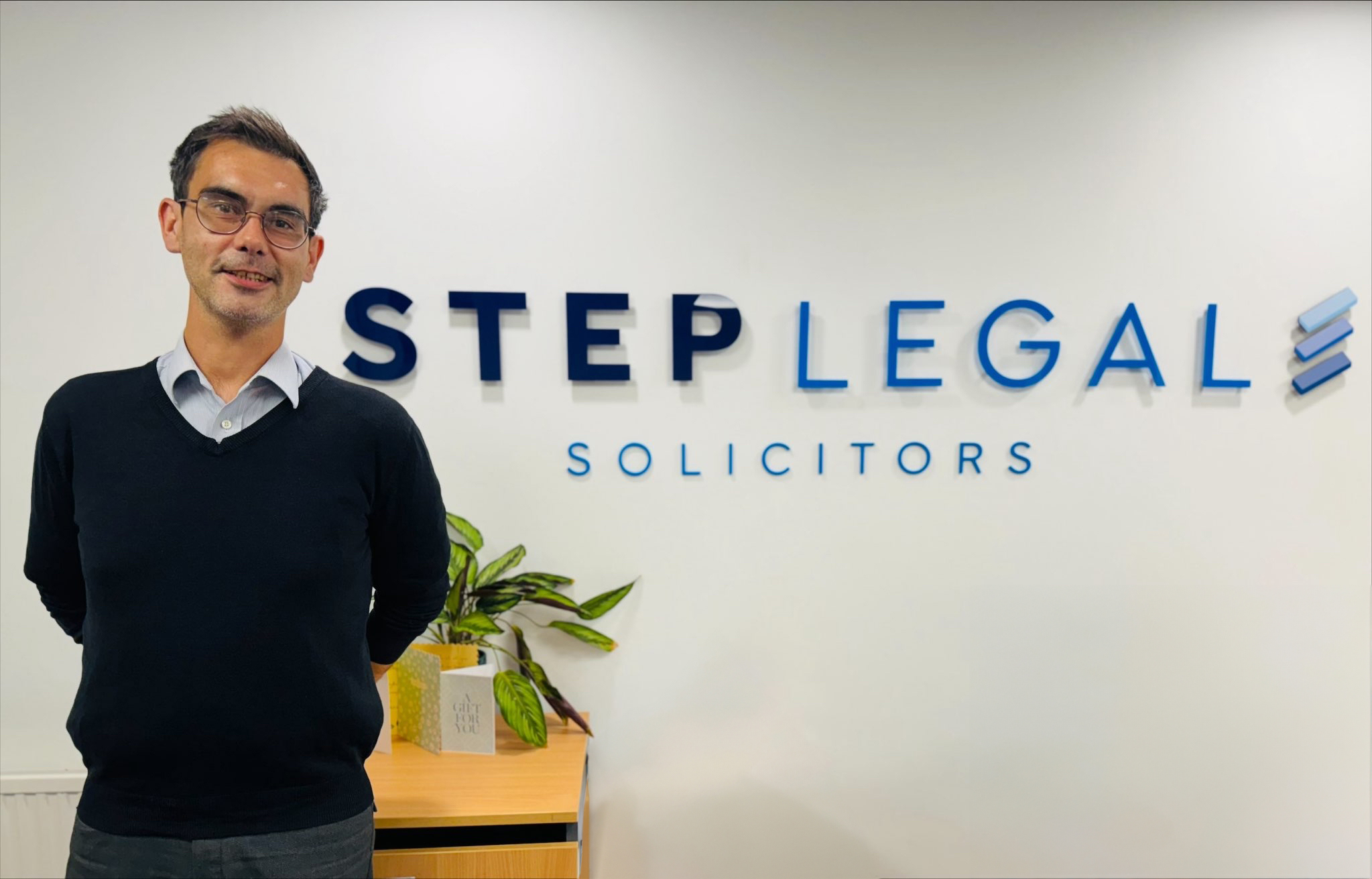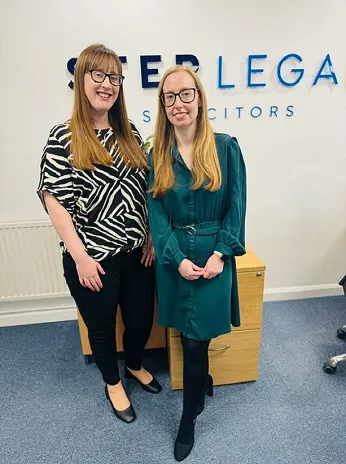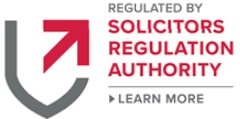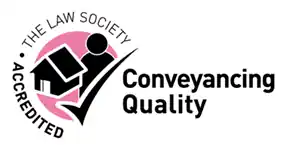
Personal Injury Rehabilitation: How we can help you to get better, faster
If you have been injured in an accident, then the road to recovery can be a long one. This is particularly true where your injuries are life changing, or where you will need ongoing treatment and support to aid your recovery or to help you regain independence.
While most people understand the vital role that lawyers play in ensuring that accident victims get the compensation they deserve, there is less appreciation of the role that they also have in helping clients to access essential medical treatment and crucial rehabilitation.
As Anna Rushton, head of our personal injury team, explains:
“It is a well-known fact that early intervention is the key to making the fastest and best possible recovery from a personal injury. The sooner any necessary surgery, therapy or social support is started, the better the eventual prognosis is likely to be. For this reason, personal injury lawyers work hard to ensure that any immediate needs that an accident victim has are identified and addressed quickly, and that where possible funding for this is secured from the person responsible for the accident in advance of the claim being settled.”
How does rehabilitation work for an injured person?
Rehabilitation aims to help you get better, to the fullest extent possible given the nature of the injuries that you have sustained, and to support you in making adjustments to your life where necessary and in learning new skills and different ways of doing things if required.
What does rehabilitation involve?
Rehabilitation comes in different forms depending on the extent of your injuries, the impact they have had on your physical and mental well-being and whether any damage caused is likely to be permanent. Among the many things that rehabilitation can encompass are:
- the carrying out of a medical procedure or operation;
- the carrying out of a psychological assessment;
- the provision of counselling services or cognitive behavioural therapy (CBT);
- the provision of physiotherapy;
- the provision of occupational therapy;
- the purchase of mobility aids and prosthetics;
- the carrying out of home or vehicle adaptions;
- the implementation of work-place adjustments; and
- support in re-training where you cannot return to your former job.
Some real-life examples of how targeted rehabilitation can help
We always strive to aid the recovery of people who come to us for support after being injured in an accident that was not their fault. Here are just two examples of recent cases where our involvement in the rehabilitation process has made a real difference to our clients lives.
Accident at work
We supported a young man who lost part of a finger when a heavy metal lid fell onto his hand while he was working on a food production line. As well as suffering from physical pain and discomfort, he also became very conscious of his altered appearance which lowered his self-esteem and made him feel depressed. To boost his confidence and satisfaction with the way that he now looks, we arranged for him to be fitted with a life-like prosthetic finger and for him to receive psychiatric therapy to lift his mood. We also organised for him to be fitted with prosthetic thimbles which enabled him to return to work and to comfortably use both hands.
Road traffic accident
We also supported a middle-aged woman who suffered multiple serious injuries, including a broken knee cap and compound fractures to her arms and legs, when she was hit at speed by a car while using a pelican crossing. Among the early interventions we secured were mobility aids and home adaptions to enable her to move around more freely, occupational therapy to help her find new ways of doing things that she now struggled with and physiotherapy to help improve her range of motion. Given current NHS waiting times, we are also now working hard to arrange for her to receive private surgery which we hope will greatly improve her prognosis.
Who pays for rehabilitation?
Where the person who caused your injuries admits that they were to blame for the accident in which you were hurt, and further agrees to deal with your case in line with the personal injury Rehabilitation Code, then the cost of carrying out a needs assessment and of funding any recommended treatments or interventions will usually be met by your opponent.
Where funding under the terms of the Code is refused, we may nonetheless still be able to secure you financial help to cover the cost of any treatment or rehabilitation that you require – for example by applying for you to receive an advance of the compensation that you are entitled to, in the form of what is known as an interim payment.
What is the Rehabilitation Code?
The Rehabilitation Code is a voluntary framework that encourages the lawyers of accident victims (claimant lawyers) and the lawyers of those being sued (defendant lawyers) to work together in order to speed up the physical, social and psychological recovery process through the use of early interventions and targeted rehabilitation plans.
How does the Rehabilitation Code work?
The Rehabilitation Code puts you at the heart of the compensation process. It ensures that you receive a needs assessment at the earliest possible stage, and that any reasonable suggestions made about how your recovery might be accelerated are accepted and actioned.
Crucially, it provides that the cost of carrying out a needs assessment and the funding of any recommended treatment, therapy or other intervention, will be paid for by the compensator and that no steps will be taken to recover these cost from you (even if your claim ultimately fails) unless you can be shown to have acted fraudulently or with fundamental dishonesty.
Need our help?
If you have been injured in an accident that was not your fault and need help to not only claim compensation, but to ensure that you get all the support that you can as you try to recover, then why not give our personal injury team a call? We have lawyers who are able to see you at our offices in Crewe and Stoke-on-Trent and who can also visit you at home or speak to you via zoom where appropriate. Just call us on 0800 1956412 to arrange a free consultation.
We can help if you have been injured:
- in a road traffic accident;
- in an accident at work;
- in an accident on holiday;
- in an accident in a public place; or
- because of medical negligence.
We have particular expertise in dealing with serious injuries, including limb loss and amputation, head and brain trauma and severe spinal damage.
We also offer a free Polish translation service.



